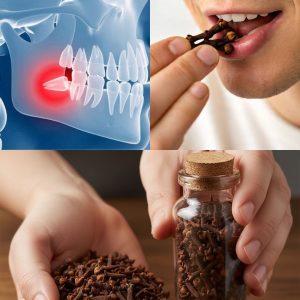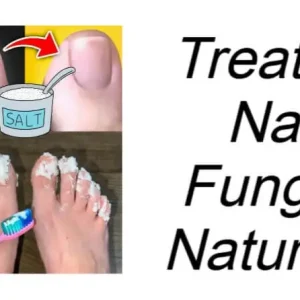Have you ever experienced that maddening itch inside your ear that just won’t go away? You’re not alone. Itchy ears are a common issue that many people face, but understanding the cause and knowing how to treat it can make a big difference. While itchy ears may seem like a minor inconvenience, it’s essential not to ignore them, as they can sometimes signal underlying health concerns.
Curious about why your ears itch and how to find relief? This article will explore the common causes of itchy ears and suggest safe and effective treatments that can bring you much-needed relief.
Common Causes of Itchy Ears
- Dry Skin:
Just like the rest of your body, the skin inside your ears can become dry, which can lead to itching. This can be caused by overly aggressive cleaning or a lack of natural earwax, which acts as a protective barrier. - Ear Infections:
Bacterial or fungal infections can cause inflammation and itching in the ear canal. If left untreated, these infections can worsen, so it’s essential to seek medical advice if you suspect an infection. - Allergic Reactions:
Allergens like earrings made from certain metals, body lotions, or hair care products can irritate the skin in and around your ears, causing itching. - Earwax Buildup:
While earwax is essential for keeping your ears clean and protected, too much of it can lead to itching, discomfort, and even blockages. Avoid using cotton swabs, as they can push earwax deeper into the ear canal. - Skin Conditions:
Conditions like eczema and psoriasis can affect the ears as well, leading to dry, irritated, and itchy skin.
Effective Treatments for Itchy Ears
- Over-the-Counter Ear Drops:
Many mild cases of ear itching can be relieved with over-the-counter ear drops, which are formulated to soothe irritation and treat minor infections. Be sure to choose a product that matches your specific symptoms and follow the instructions carefully. - Gentle Ear Hygiene:
Keeping your ears clean is important, but avoid over-cleaning. Use a damp cloth to wipe around the outer ear, and never insert anything like cotton swabs into the ear canal. The ear is self-cleaning, and interfering too much can cause more harm than good. - Hydrate and Moisturize:
Staying hydrated helps maintain the natural moisture levels in your skin, including the skin inside your ears. If dryness is a major issue, consider using a gentle moisturizer around the ears (but not inside the ear canal) to keep the skin supple. - Avoid Irritants and Allergens:
If you suspect your itching is caused by an allergic reaction, try to identify and eliminate the allergen. Switching to hypoallergenic jewelry, body lotions, and hair care products may help. - Consult a Doctor When Necessary:
If the itching persists or is accompanied by pain, discharge, or hearing loss, it’s important to consult a healthcare professional. An ENT (ear, nose, and throat) specialist can perform an examination and recommend a specific treatment plan.
Conclusion:
Itchy ears can be caused by a variety of factors, ranging from simple dry skin to infections or allergic reactions. While many cases of itchy ears are mild and can be treated at home with proper ear care, persistent symptoms should be evaluated by a doctor to rule out more serious conditions. By understanding the causes and using appropriate treatment methods, you can find relief and maintain good ear health.




